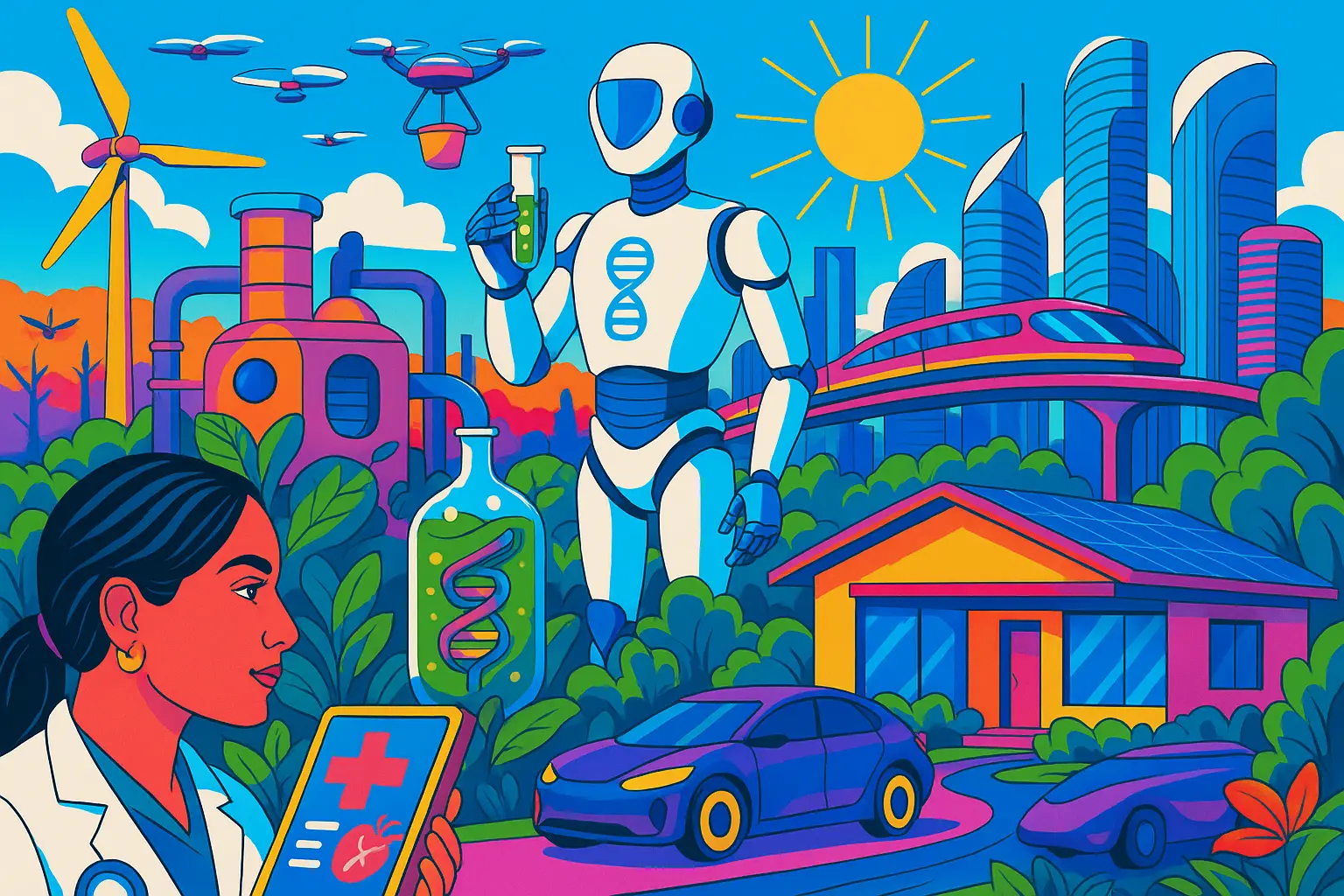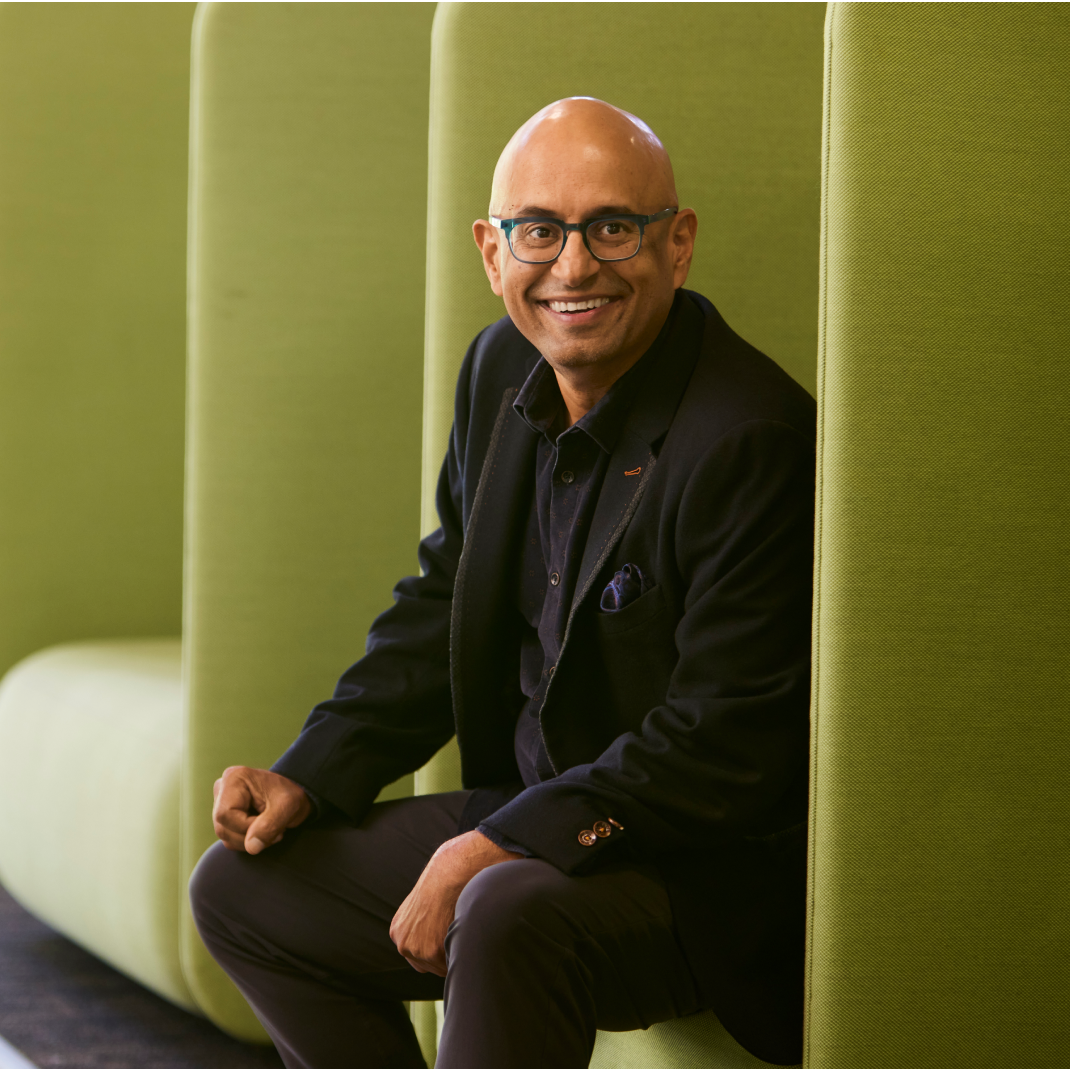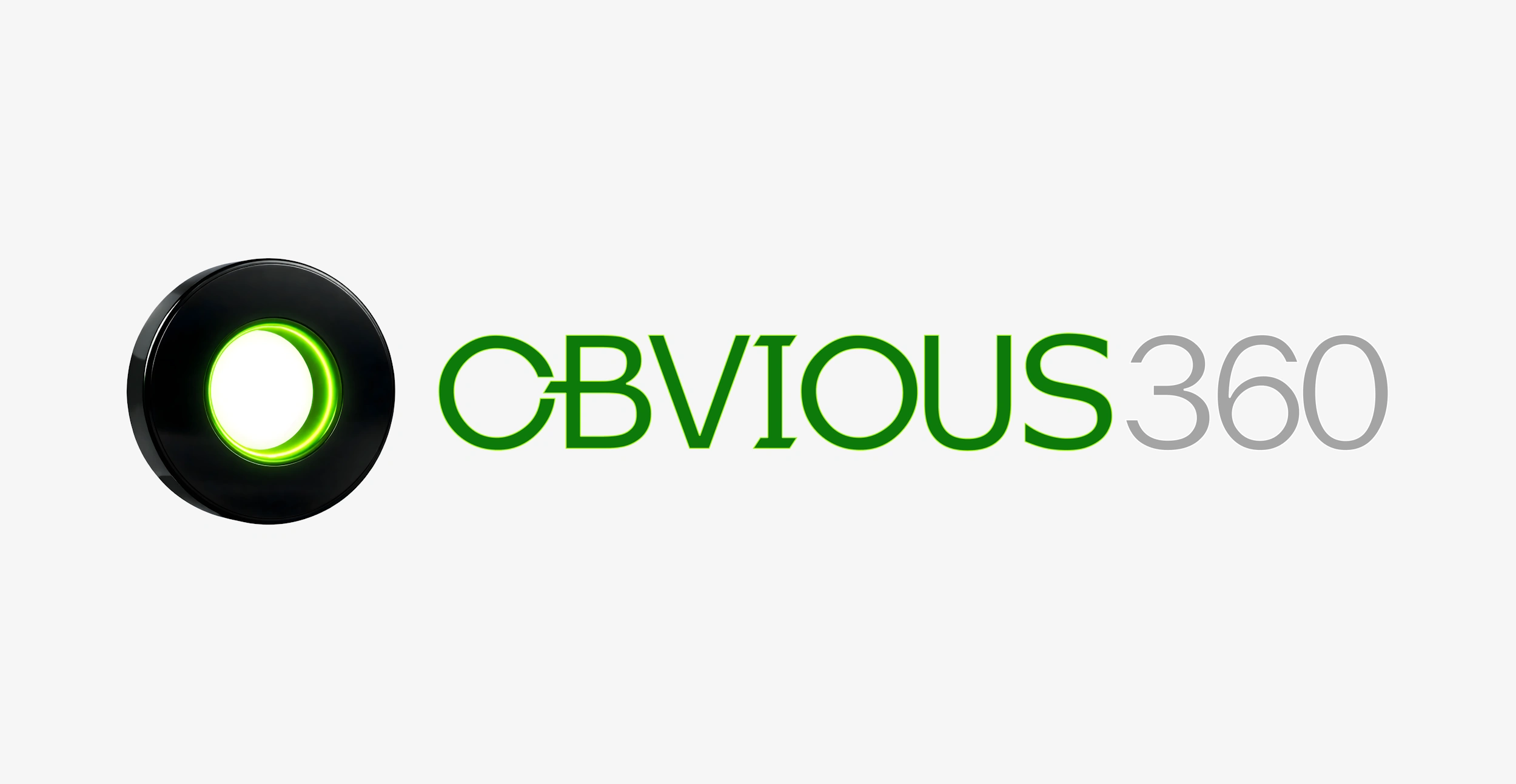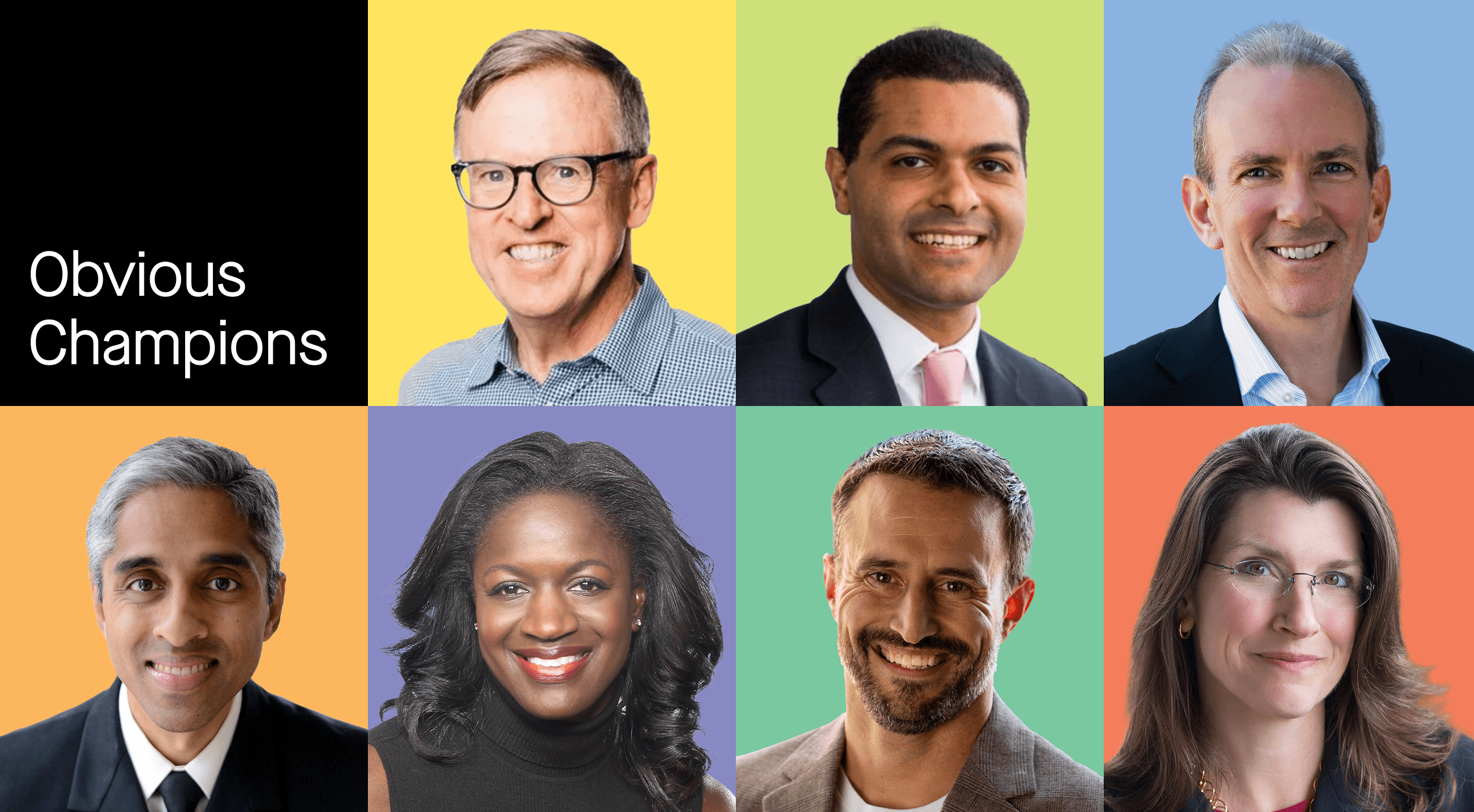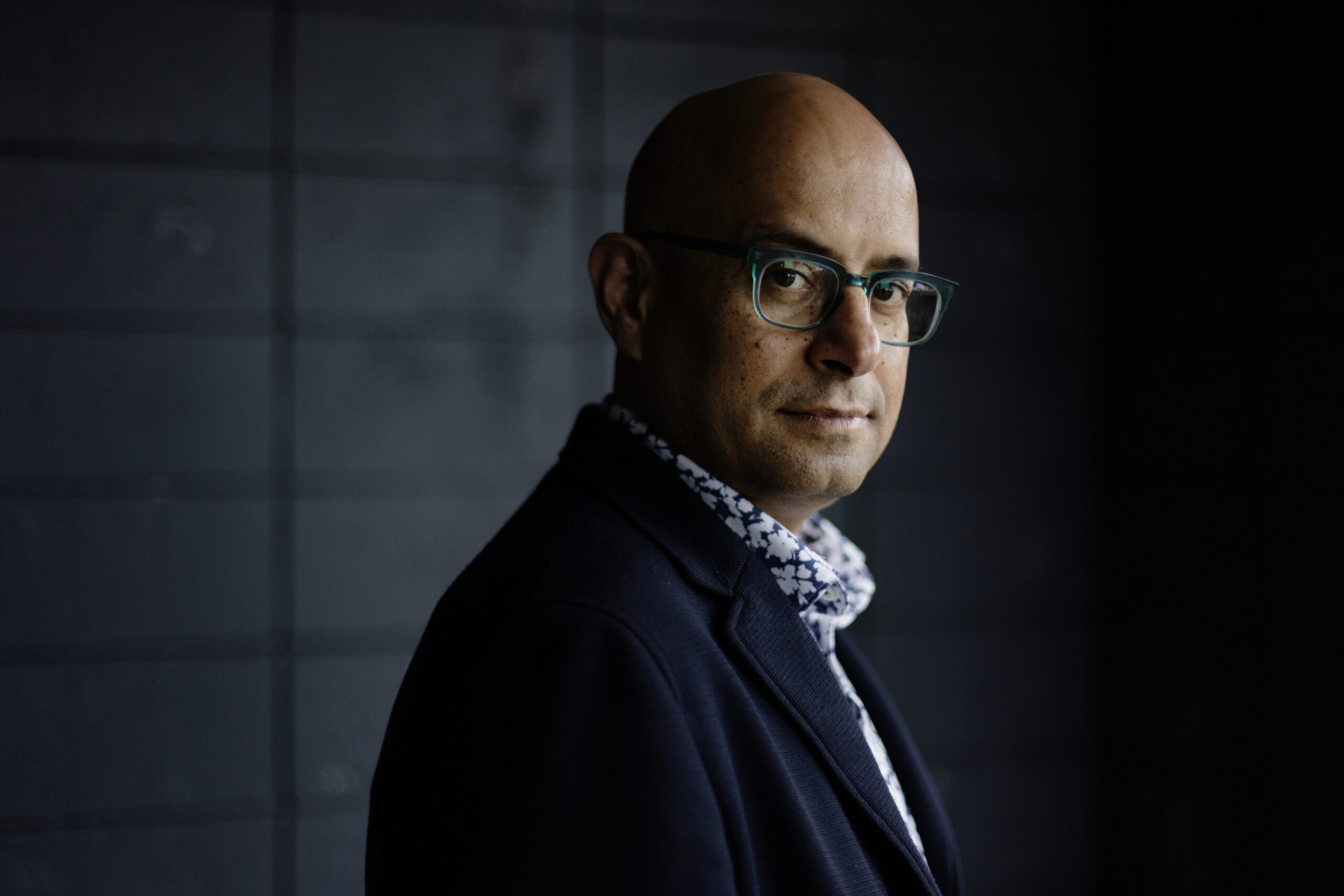Operations
World Positive Capitalism
Capitalism has been the engine of modern progress. It has fueled prosperity, opened doors for countless people, and pushed the limits of human potential. Across decades, it has lifted billions out of poverty and driven the kind of innovation that reshapes everyday life.
But it’s also easy to see the cracks. The same system that fuels progress has also produced deep imbalances. It has widened inequality, strained natural systems, and often prioritized short-term gain over long-term resilience. In today’s world, shaped by climate disruption, economic volatility, and public health crises, it’s clear that the old model is no longer sufficient. Capitalism needs an overhaul.
The good news is that something better is emerging. At Obvious Ventures, the firm I co-founded in 2014, we call it World Positive Capitalism. It’s a new approach that embraces possibility over constraint, one that leverages innovation to substantially improve lives, and generates large profits as a result of that impact. Authors like Ezra Klein and Derek Thompson describe this as a future of abundance, where progress fuels not only growth, but long-term wellbeing for people and the planet.
I’ve seen this model at work throughout my career. At Patagonia, my colleagues and I helped prove that effective capitalism begins with high-quality products and an inspiring and authentic business model. In 2006, I worked with friends to help start B-Corp, a nonprofit guided by principles to recognize companies that were beneficial to our society. I’ve spent my life surrounded by evidence that innovative mission-driven companies can solve big and complex problems.
The idea behind World Positive Capitalism is not partisan. We’re living in a time of deep political division and economic uncertainty, where trust in institutions is low and bold action often meets resistance. There’s also growing tension between global imperatives, like climate action, trade imbalances, and supply chain resilience, and the need to deliver tangible, local benefits, like good jobs, stable communities, and shared prosperity.
And yet, this is exactly when a new framework is most needed. In this context, a new capitalism offers a unifying path forward, the kind all voters can get behind. For those focused on building strong economies and creating jobs, it provides a practical, innovation-driven roadmap. For those prioritizing equity, climate, and public health, it delivers real solutions. At its core, it’s about moving forward with boldness, optimism, and purpose, even when the path is contested.
World Positive Capitalism isn’t some far-off ideal. I see it already taking shape in budding companies across our economy. It’s real, it’s working, and it’s growing. To realize its full potential, we need to invest in it boldly and at scale, and we need to do it now.

SHIFTING FROM EXTRACTION TO ABUNDANCE
Traditional capitalism has largely operated on an extractive model, taking from natural resources, vulnerable labor, and communities without properly aligning incentives or considering long-term consequences. Even well-intentioned corporate efforts, like corporate social responsibility initiatives or Environmental Social and Governance (ESG) goals, often focus more on minimizing harm than maximizing potential.
World Positive Capitalism is different. It’s not about reducing risk, it’s about creating regenerative, compounding benefits. The shift requires rethinking how we define and measure success. Frameworks like Bhutan’s Gross National Happiness and Kate Raworth’s Doughnut Economics, point to more sustainable and inclusive measures of progress. Instead of optimizing for short-term goals, like quarterly GDP growth, we need a shared long-term goal, something as unifying and ambitious as going to the moon.
We could think of this measure as a new kind of scorecard, something like a Global Flourishing Index (GFI). Not just a measure of economic output, but a way to track how well people and communities are actually doing. It could mix in things like health, education, environmental sustainability, and social resilience. The goal wouldn’t be perfection, it would be to ask whether growth is truly improving life.
The equation may be complex, but the underlying principle is simple: instead of exploiting the planet and its people, we invest in their renewal. Instead of cutting down, we cultivate and replant. Instead of extracting value and walking away, we build systems that replenish what they use. This isn’t the work of charities or nonprofits. It’s the future of capitalism. With the right incentives in place, the visionaries building this way won’t just change the world, they’ll be financially rewarded too.

THE THREE PILLARS OF WORLD POSITIVE CAPITALISM
To make world positive capitalism a reality, we need a framework that prioritizes sustainable growth. At Obvious, we divide this broad goal into three major pillars—Planetary Health, Human Health, and Economic Health—that overlap and intersect in a way that drives exponential progress.
Promoting planetary health means moving away from systems that deplete and constrain, like fossil fuels, industrial agriculture, and throwaway materials, and toward ones that restore and regenerate. Clean energy, circular economies, and sustainable materials aren’t just better alternatives, they’re the foundation of long-term abundance.
Big challenges like climate change and environmental durability are perfect problems for World Positive Capitalism to solve. A World Positive approach considers sustainability a growth driver. It incentivizes building the next generation of clean energy infrastructure, enabling energy independence through distributed power, and backing innovations in water, food, and materials.
At Obvious, we’ve made investments that proved this concept. We supported Diamond Foundry that is pioneering innovative methods to make diamonds and reduce the need for destructive mining, and Beyond Meat that revolutionized plant-based proteins to reduce reliance on industrial animal agriculture. A company in our energy portfolio, Zanskar, has used AI to dramatically advance the process of finding and harnessing clean geothermal energy.
Finding planetary solutions will have widespread benefit. But we also need to improve life at the level of the individual. That means transforming human health from a reactive, fee-for-service based system—what many call “sick care”—to one centered on prevention, curative therapies, and true well-being.
Traditional healthcare is often expensive, inefficient, and misaligned with actual patient outcomes. A world positive approach flips that model by focusing on results first, prioritizing care that measurably improves lives. It also pushes to make cutting-edge tools, data, and research more accessible and equitable. I see this approach in companies like Virta Health that is rethinking care to reverse Type 2 diabetes and Recursion that’s using AI to accelerate drug discovery. Devoted Health is also redesigning healthcare for seniors with a more personal, proactive, and coordinated approach.
This same mindset—proactive, with clear intentions—can transform economic health as well. Building a stronger, fairer economy means shifting from concentrated wealth and exclusionary systems to models that expand participation and opportunity.
You can see these advances in a company like Gusto that helps small and medium businesses scale by simplifying payroll and HR. Or one like Corvus that is building cybersecurity infrastructure and insurance to safeguard businesses in our interconnected world. Or one like Dexterity Robotics that’s building economic resilience by taking over dull, dirty, and dangerous tasks that will enable workers to get safer and better paying jobs.
We’ve all seen ways a thriving economy doesn’t just grow — it brings people along with it. It empowers small businesses and inspires creators to build something. It also expands financial access so more people can participate. The goal of World Positive Capitalism can’t be to replace people with machines, but to leverage innovation to unlock human potential and create prosperity that’s broadly shared.
A powerful thing happens when planetary, health, and economic progress combine: it unlocks a self-reinforcing engine of progress. Clean energy reduces pollution, which improves public health. Healthier people contribute more meaningfully to the economy. A more inclusive economy invests more in education, innovation, and sustainability. This results in more people equipped with tools and capabilities to work on bigger problems, which creates a virtuous cycle.

PLANNING FOR WHAT CAN GO RIGHT
One of the most powerful shifts in World Positive Capitalism is moving away from a risk-based mindset to one that prioritizes opportunity. Traditional business strategy often focuses on mitigating what can go wrong, analyzing threats, hedging against downturns, and minimizing liabilities. But the people and companies that truly change the world succeed by maximizing what can go right, setting bold visions that attract investment, talent, and public support.
History’s most famous inventions are the ones that did exactly this. The printing press, the telephone, and the automobile were all World Positive in how they improved life and changed what was possible. Of course, they came with downsides too, such as dependence on fossil fuels, materials with heavy environmental costs, and inequitable distribution. But those challenges don’t negate their value, they present the next set of opportunities for World Positive Capitalism to solve.
Some companies have been operating this way for years. Tesla didn’t just build electric cars, it redefined what a clean energy-powered car company could be and forced competitors to follow suit. YouTube took a decentralized approach to media and unlocked new income streams for millions of people around the globe. Whole Foods made organic and natural foods mainstream, bringing healthier options to millions while reshaping the food industry. During the pandemic, Moderna delivered vaccine development and delivery at unprecedented speed. Genentech’s first-in-kind medicines dramatically improved serious diseases like diabetes and colorectal cancer. And Shopify built a platform for e-commerce companies of all sizes to deepen engagement with their customers.
We’ve now entered the next leap of intelligence democratization. With generative AI, we have tools that can help us solve problems once thought out of reach across healthcare, education, material science, manufacturing, climate, and beyond.
To make it happen, we need entrepreneurs, investors, philanthropists and policymakers all pulling in the same direction. We need business and engineering schools to teach students to aim high and pursue big goals. And we need catalytic grants and a systemic investing approach that illuminates the path to big ideas.
More than anything, we need to nurture a new generation of change agents—the people who will run toward the hardest challenges and biggest opportunities facing humanity.

A BLUEPRINT FOR THE FUTURE
The seeds of this new economic system have already been planted. Or in the words of science fiction author William Gibson, “The future is already here, it’s just not evenly distributed.”
What does an abundance mindset, a mindset of possibilities actually look like in practice? The New York Times’ Thomas Friedman has described himself as a “Waymo Democrat,” not to endorse any single company, but to illustrate that it’s possible to build transformative technology in a regulated, safety-conscious environment without getting bogged down in endless red tape or ideological gridlock. World Positive Capitalism shares that spirit, underscoring that we can build bold solutions that serve the public good, and do it with both speed and integrity.
Forward-thinking investors, entrepreneurs, thought leaders, and policymakers must now work together to mainstream that playbook. We need to shift investment paradigms to reward long-term, regenerative value creation rather than short-term extraction. Policymakers must reform incentives to favor sustainability, responsible AI, and equitable economic participation. And more entrepreneurs must be encouraged to build businesses that tackle big societal problems.
You can already start to see the shift around the venture world. When we started Obvious, few investors were thinking about building world positive companies. Since then VCs like a16z, Union Square Ventures, Generation IM, and General Catalyst are backing companies focused on climate, health, and economic vibrancy. We’re seeing real breakthroughs. Rivian and Samsara are reimagining transportation. Pivot Bio is helping improve soil quality. And Solugen is helping build next-generation chemicals using sustainable feedstock.
The momentum is almost contagious. As world positive companies succeed, more companies see their value. The list is long: Chime is making banking more accessible for everyday consumers. Sweetgreen is rethinking food systems through sustainability and health. Oak Street and One Medical are reshaping how care is delivered. Meanwhile, companies like Tempus and Grail are working towards precision medicine and early diagnostics. Platforms like AirBnB and Substack are creating new avenues to making money. Toast and Mindbody are helping small businesses thrive with tools once reserved for the enterprise level. Duolingo, Coursera and Guild are innovating in education, and companies like Flock Safety and Verkada are developing new ways to reduce crime and keep us safe.
All of these are early proof points that World Positive Capitalism is already working. And if we commit to it fully, it’s easy to imagine just how different the world could look in 50 years.
Picture cities powered by clean, abundant energy, and transportation networks that are fully electrified, autonomous, and efficient. Closed-loop manufacturing systems will replenish resources, not deplete them. Synthetic biology will drive a sustainable material economy, and prefabricated housing supported by smart policy will make homeownership more attainable. Intelligent, networked fleets of drones and robots will help mitigate wildfires and enhance safety while preserving core values like privacy.
We can have a healthcare system that’s proactive rather than reactive, with AI-powered diagnostics and generative science that promise to eliminate once-deadly diseases like cancer and heart disease. Personalized care will be the norm, and healthcare knowledge will be democratized and easily shared.
Imagine a world with an education system that’s lifelong and accessible, with AI tools that will empower creators and entrepreneurs to scale with unprecedented speed, making opportunity no longer a privilege for the elite.
As these advances unfold, the Global Flourishing Index can track the transformative progress, and measure how much each one truly improves life on Earth.
Critics of capitalism argue that it’s fundamentally flawed. Defenders insist it just needs refining. The reality is that capitalism is neither good nor bad—it’s merely a tool, shaped by how we use it. History belongs to those who build the future. So let’s get to work.
Obvious Ideas
